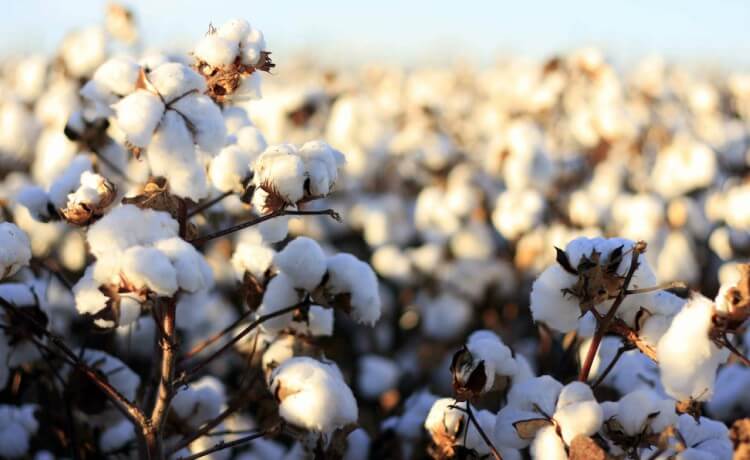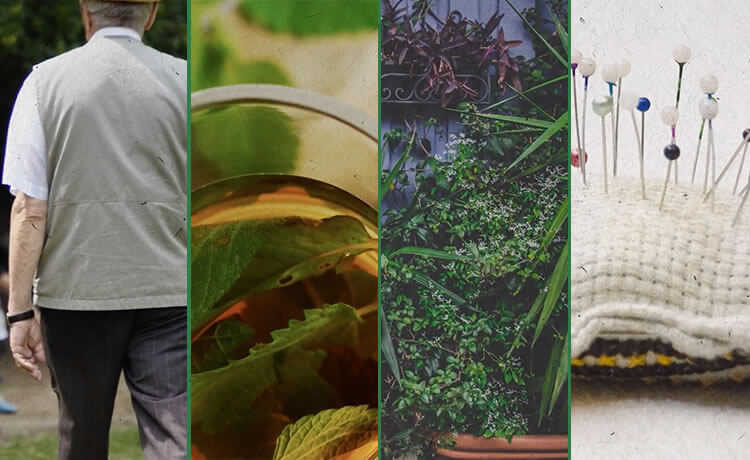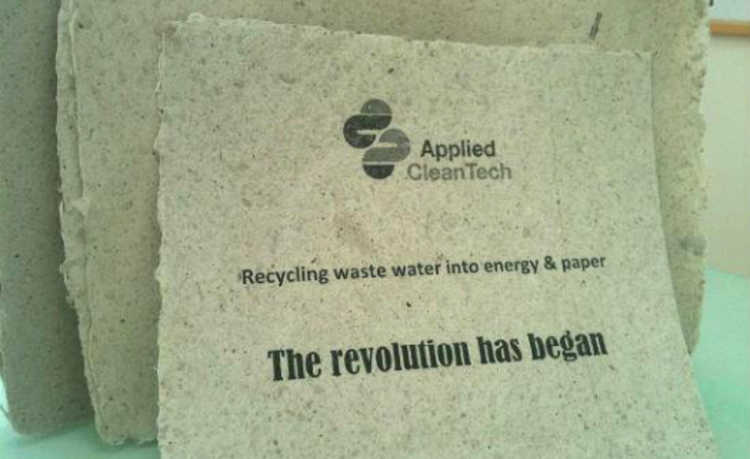Broccoli: benefits and how to consume
Broccoli protects the heart, improves the bowel and strengthens immunity

Louis Hansel image on Unsplash
Broccoli is a cruciferous vegetable of the Brassica genus. It is a source of folic acid, antioxidants, fiber, calcium and vitamins A and C. Of European origin, broccoli has been cultivated since the time of the Roman Empire, being considered a valuable food to this day. Learn more about this vegetable and see good reasons to include it in your diet.
Benefits of Broccoli
Broccoli is rich in phenols, flavonoids, selenium and vitamin C, elements that give it the properties of increasing enzymatic activity, favoring the absorption of nutrients and inhibiting nitrosamines (carcinogenic substances). In addition, this food fights free radicals, protects against heart and circulatory diseases, improves cellular immunity and has antioxidant properties. It is also rich in fiber, favoring the regulation of intestinal function.
- Helps with weight loss;
- It has detoxifying action;
- Helps to fight cancer;
- Helps control cholesterol and heart disease;
- Strengthens the immune system;
- Fights free radicals;
- Helps regulate the bowel.
How to consume broccoli?
The best way to consume broccoli is with its leaves and stalks steamed for about 20 minutes to prevent the loss of vitamin C. It is also possible to consume it raw in salads and juices. Consuming this vegetable regularly helps to improve the immune system and relieve constipation.
Broccoli May Help Fight Skin Cancer, Research Finds
Cancer appears in the human body in many places and has many causes still being studied, as well as prevention and cure methods. Skin cancer is one of the most common in the world, which makes research for its prevention become more intense.
According to Sally Dickinson, an assistant professor of research in the Department of Pharmacology and a member of the University of Arizona Cancer Center, broccoli can help prevent skin cancer. Her research focus was on how sulforaphane, a compound naturally produced in certain vegetables such as broccoli and which has established chemopreventive properties, could be used to help patients reduce the risk of skin cancer.
During the execution of her study, the doctor applied small doses of sulforaphane to her patients' skin, as if it were a sunscreen. According to her, the search for better skin cancer prevention methods in accessible and manageable formats for public use is intense because, even with greater awareness about limited sun exposure and the use of sunscreens, many cases of cancer are still appearing of skin. Their research revealed that sulforaphane is highly effective in inhibiting cancerous pathways while activating chemoprotective genes.
In addition to helping to fight skin cancer, broccoli can help prevent the appearance of malignant tumors in the human body and also help patients who treat other types of cancer to circumvent the effects of chemotherapy and radiotherapy treatments.
Called chemopreventive foods, broccoli, as well as foods from the cruciferous chain (kale, arugula, watercress, Brussels sprouts, cauliflower, mustard) is a vegetable rich in glucosinolates, a substance that after going through the enzymatic hydrolysis process ( in the case of ingestion, chewing promotes this process), transforms into sulforaphane, which has proven to be one of the most potent chemopreventive agents that act inside cells, and into Indol 3 Carbinol, a phytonutrient that acts as an antitumor, anti-inflammatory, antineoplastic and antioxidant.
Thus, including broccoli in the diet can bring numerous benefits to the body.
Sources: Healthline and Clinical and Molecular Evidence of the Consumption of Broccoli, Glycoraphanin and Sulforaphane in Humans










